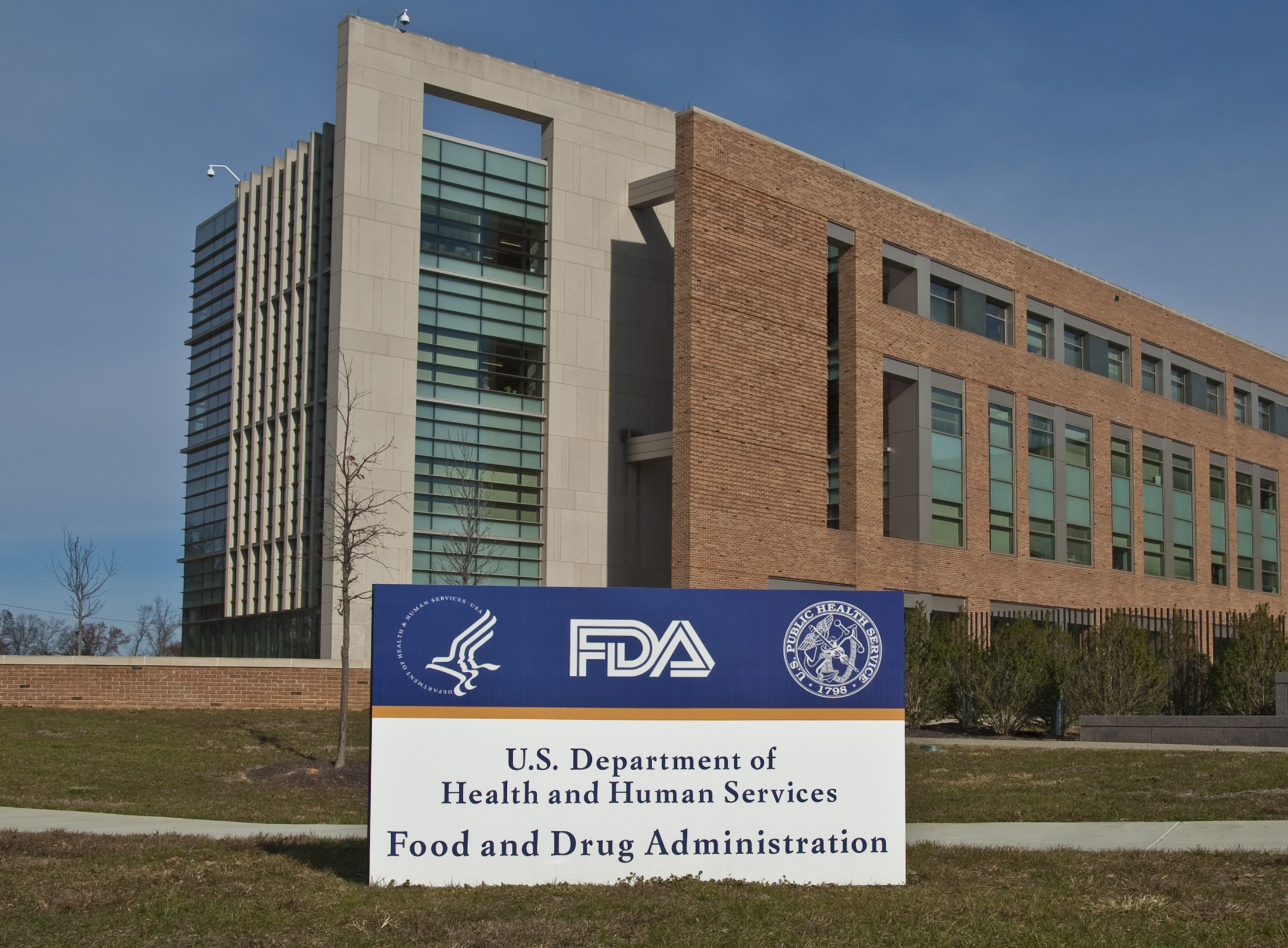First new Parkinson's treatment in decade gains US approval

Newron's Xadago, a new add-on treatment for patients with Parkinson's disease, has been approved by the FDA.
Xadago (safinamide) is for patients who are currently taking levodopa/carbidopa and experiencing "off" episodes. These are when medications fail to keep Parkinson's symptoms in check, with patients suffering tremors and difficulty walking.
Italy-based Newron has been battling since 2010 to gain US approval for the drug, having gained the green light in Europe in 2015.
Concerns about its safety meant numerous delays, until last year the US regulator said Newron would not have to perform studies to evaluate the potential abuse liability or dependence/withdrawal effects.
The new approval gives hope for better treatment of Parkinson’s disease, which had seen a dearth of advances for many years Last year saw the approval of Acadia’s Nuplazid, which treats hallucinations and delusions caused by the disease, and had been designated as a Breakthrough Therapy by the FDA.
As Nuplazid is for symptoms of the disease, rather than the disease itself, Xadago can claim to be the first new treatment for Parkinson's in over a decade.
Newron has a partnership with fellow Italian company Zambon in Europe and WorldMeds in the US. Xadago is forecast to reach peak annual sales of around $450 million, with the new US approval expected to provide the lion's share of revenues.
Dr Charlotte Keywood, Global Head R&D, Zambon, said: "We are delighted with the approval of Xadago in the USA. This first new treatment for a decade represents an important addition to the treatment choices for patients with PD and their doctors. In order to more fully characterise the clinical benefits of Xadago, Zambon will continue to work with our partners on new clinical trials".
The efficacy of Xadago in treating Parkinson's disease was shown in two clinical trials in patients who were also taking levodopa and were experiencing "off" time. Those receiving Xadago experienced more beneficial "on" time, when Parkinson's symptoms are reduced, without uncontrolled involuntary movement (dyskinesia) compared to those receiving a placebo.
The drug will carry a long list of safety warnings. These include it being contraindicated in patients with severe liver problems, and those taking a monoamine oxidase inhibitor (MAOI) as it may cause a sudden severe increase in blood pressure.
The most common adverse reactions observed were uncontrolled involuntary movement, falls, nausea, and insomnia. More serious but less common risks include falling asleep during daily activities, hallucinations and psychotic behaviour and problems with impulse control/compulsive behaviours.
More significant progress in modifying the disease’s progress could be achieved through stem cell-based therapies, with early clinical studies already underway. Last month Carlsbad, California-based International Stem Cell Corporation announced a third patient in a 12 person phase 1 study had received an intracranial transplant of neural cells.










